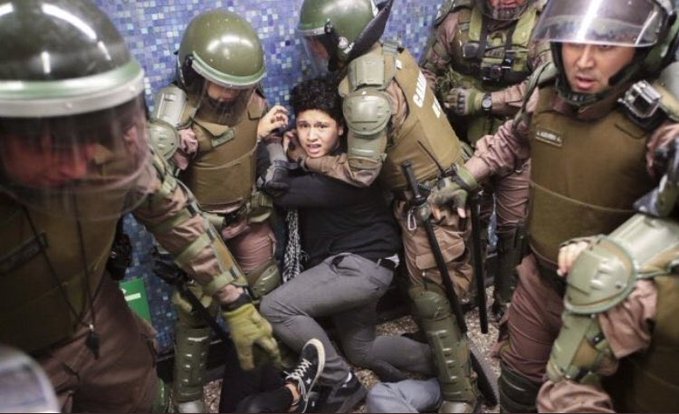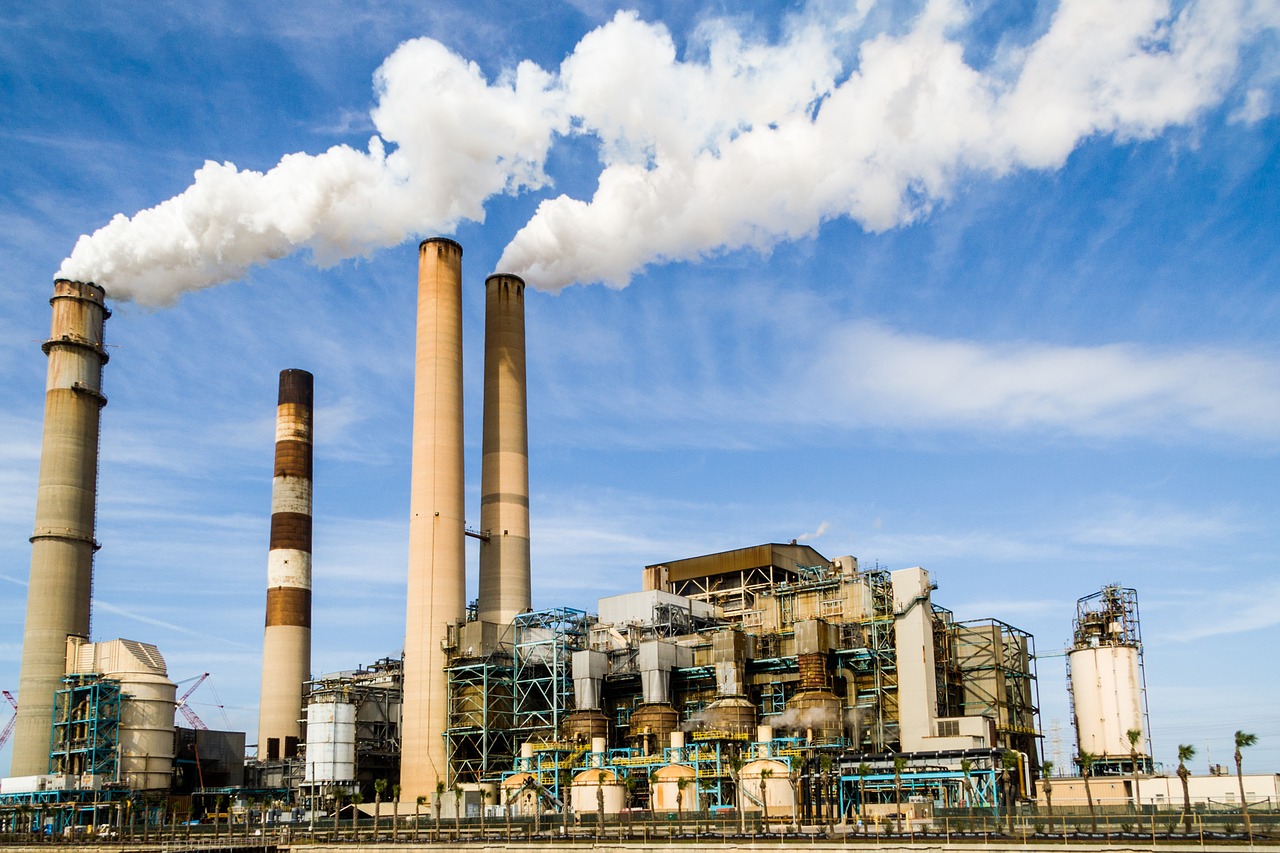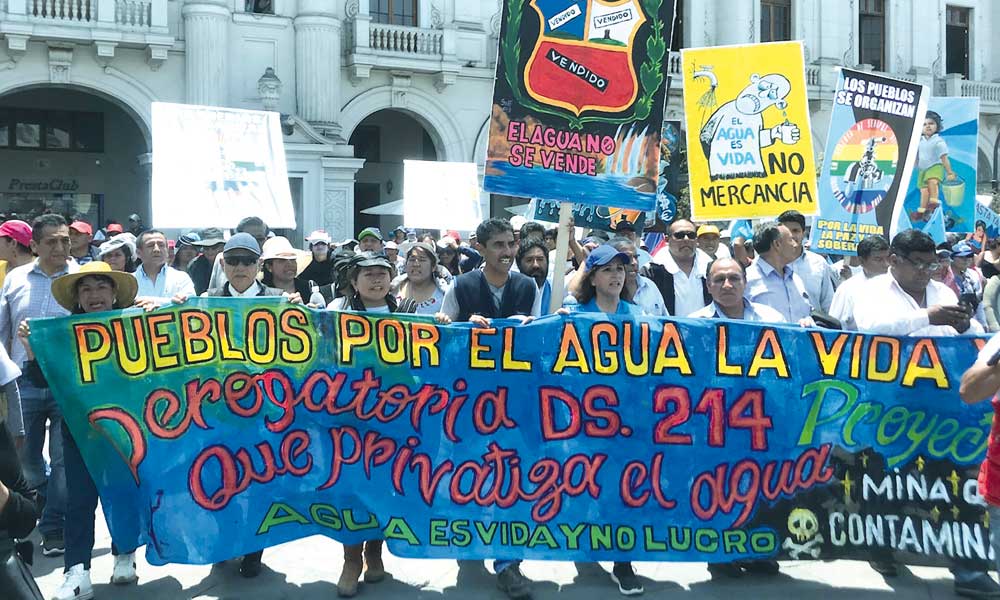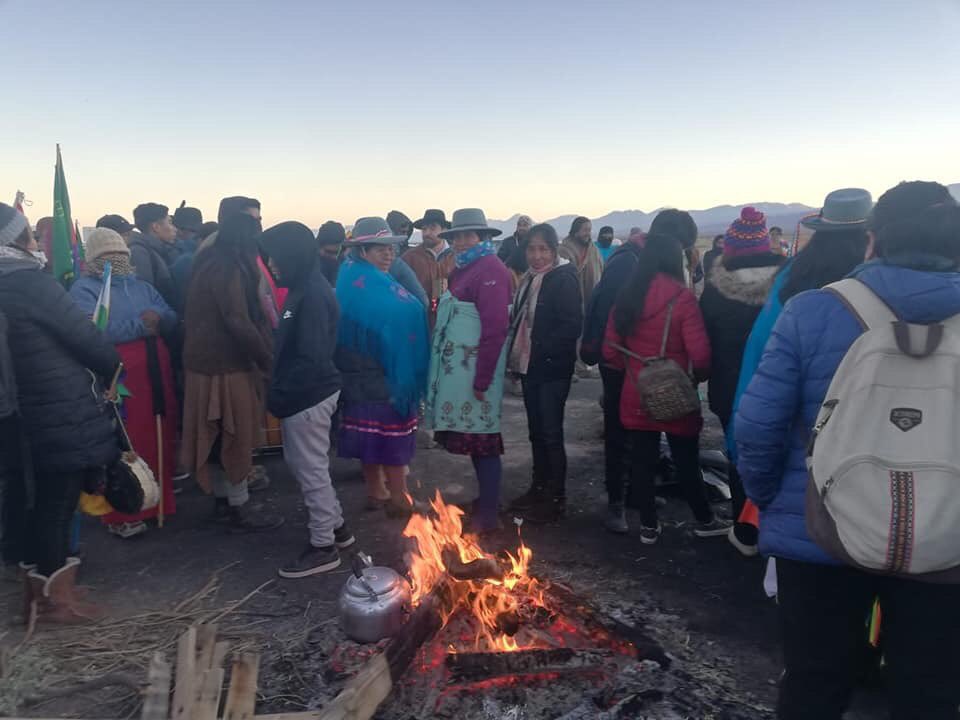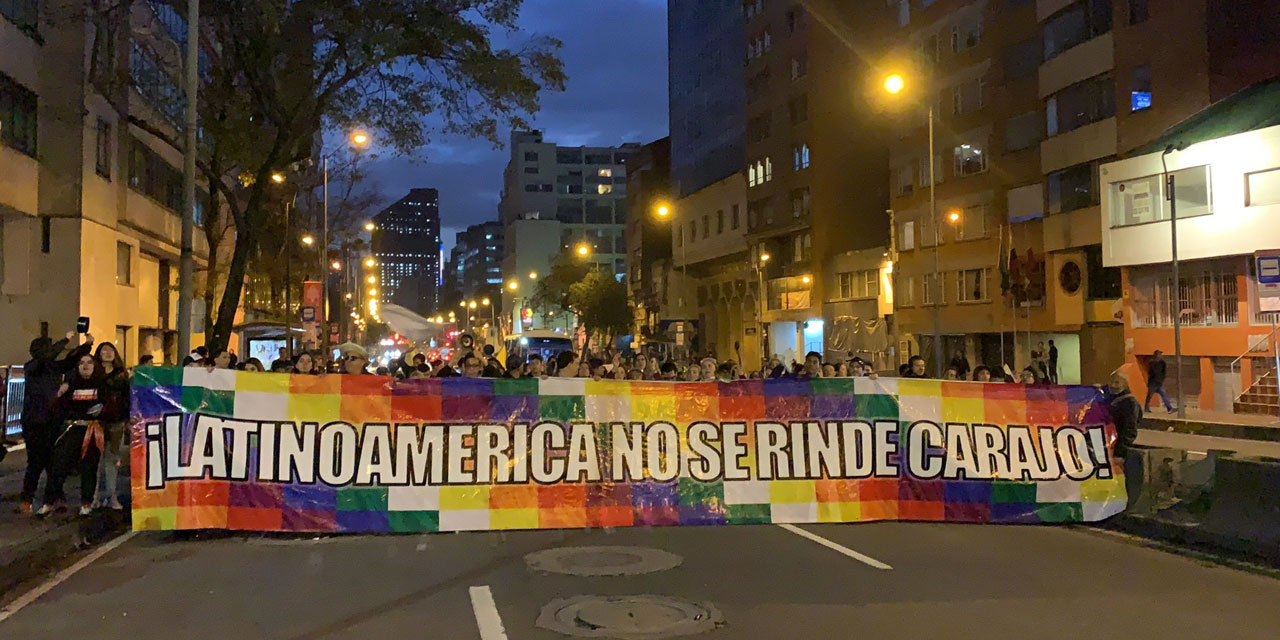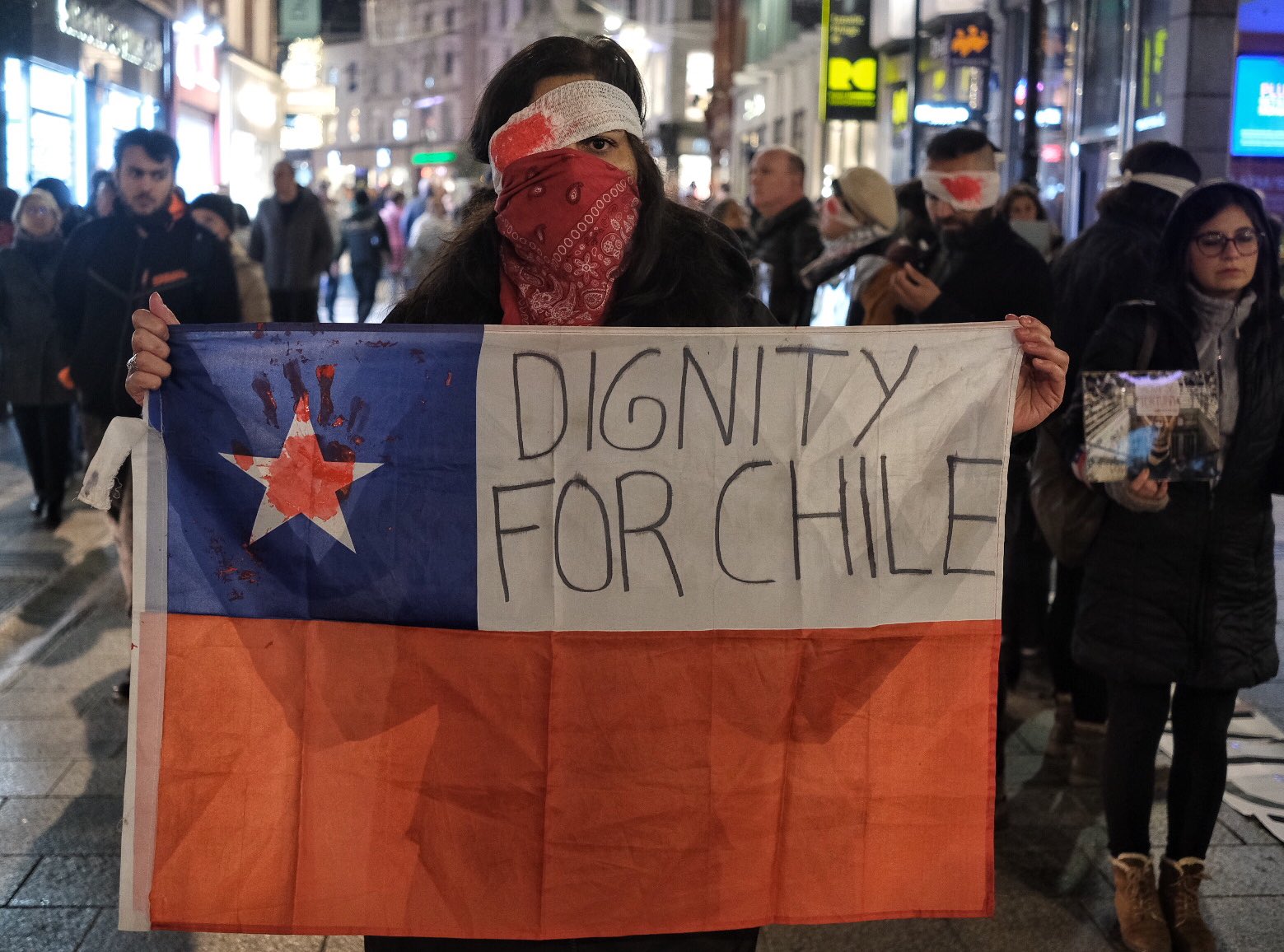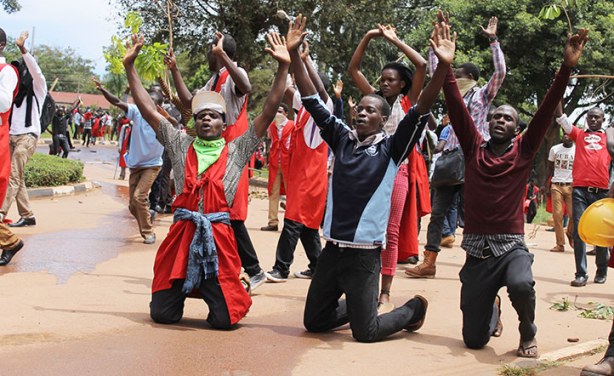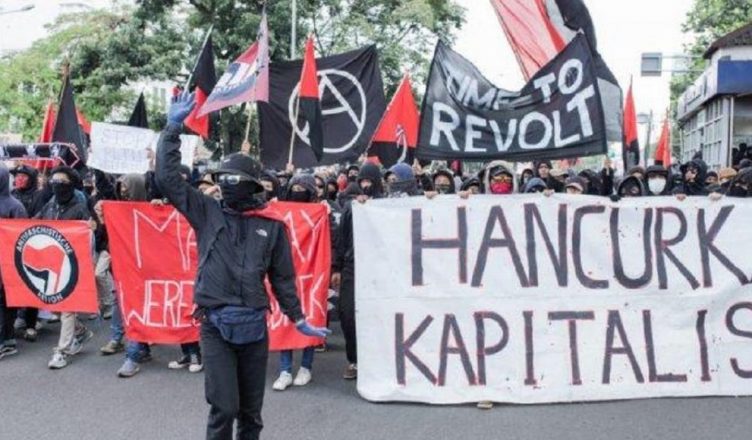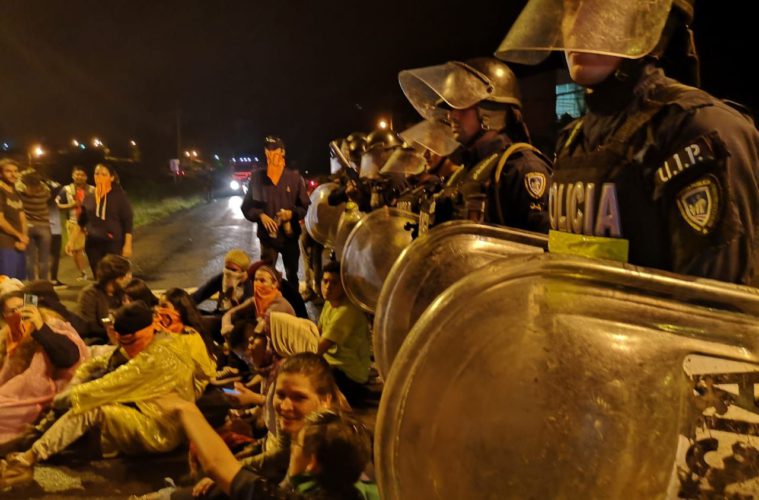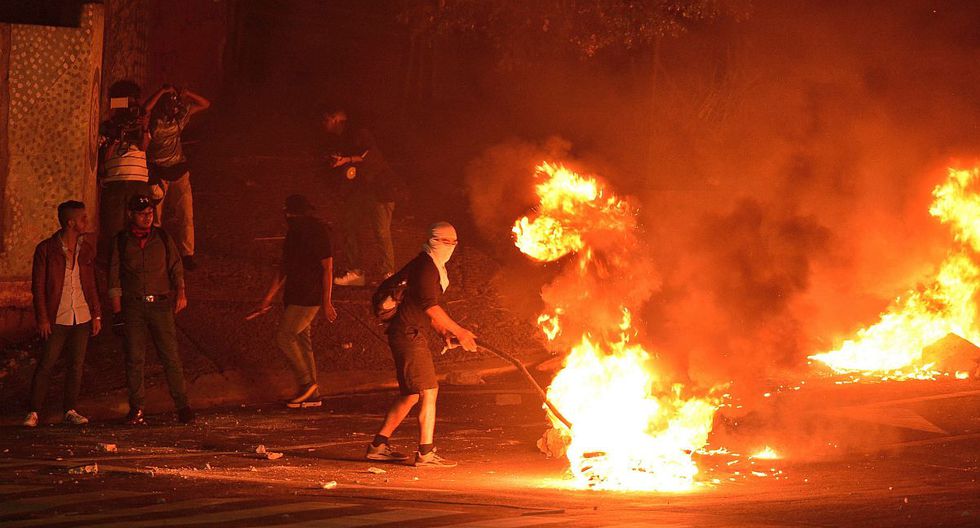
Chile to vote on new constitution next year
Chile’s President Sebastian Piñera signed a law allowing a referendum on a new constitution for the country. The law was passed by the Chilean congress following more than two months of mass protests. The referendum is scheduled for April 26, and asks voters two questions: should Chile have a new constitution; and who should write it, an assembly of elected citizens or an assembly that would include a mix of current lawmakers? Revocation of the Pinochet-era constitution has been a key demand of the protest movement, which began with an uprising against transit fare hikes in Santiago. (Photo: Carlos Figueroa/Wikimedia via Jurist)



